Bridging the [Systemic Gap]
![Bridging the [Systemic Gap]](/content/images/size/w960/2025/07/DSC_1228-1.JPG)
I have a confession to make, ready?
I’m hooked on Mo Gawdat’s podcast, SLO Mo. The realness of the conversations, the unique guests, and the little life lessons, it’s brilliant! Listening to Mo feels like sitting in on a calm, thoughtful class about life. It makes you slow down and reflect on your own journey.
One episode that stuck with me features Dr. Sabrina Cohen-Hatton - a British firefighter, psychologist, and author. Her story is one of pure resilience. At just 15, after losing her father to a brain tumour, she became homeless. For nearly two years, she lived on the streets of Newport, South Wales, in poverty and constant danger.
But she didn’t give up. Sabrina went on to earn a first-class degree in Psychology, a Master’s in International Fire Service Development, and a PhD in Behavioural Neuroscience.
Speaking to Mo about homelessness, she said:
“The reason why people end up being homeless usually is not just the housing aspect. Usually there is a lack of social support... Nobody ends up in that situation if they have people around them that say, ‘Don't worry, we will look after you, we’ll help you get back on your feet.’”
Her words hit home. I thought, this is exactly what we’re trying to do with Morgan through our repatriation project. Because behind every person on the streets is a missing piece - support, safety, someone who says, "I’ve got you."
Meet Morgan: A Life That Could Have Slipped Through
Sabrina’s story reminded me of Morgan, the young man we helped repatriate last year. While his path didn’t include homelessness, it came dangerously close. His is a story of stepping in just in time, before the streets could become his reality.
Like Sabrina, Morgan grew up knowing deep poverty. At just four years old, he entered the child protection system. A report from the Department of Children Services shows that Morgan and his siblings were rescued after a tragic incident of domestic violence. The mother is said to have caused the death of their father during a violent altercation and has not since been seen. With no traceable relatives, the boys were left completely alone.
Morgan spent years in two different children’s homes. The first was filled with neglect and abuse, nothing close to the safe space it was supposed to be. When it was shut down, he and his brothers were moved to Thika Rescue Center, where he went back to school. But he never made it to secondary school. Instead, he was enrolled at Katoloni Technical Institute to study electrical wiring, a course he had no interest in.
In Kenya, this is common. When children miss out on secondary education, they are often placed in technical training programs regardless of their dreams or passions.
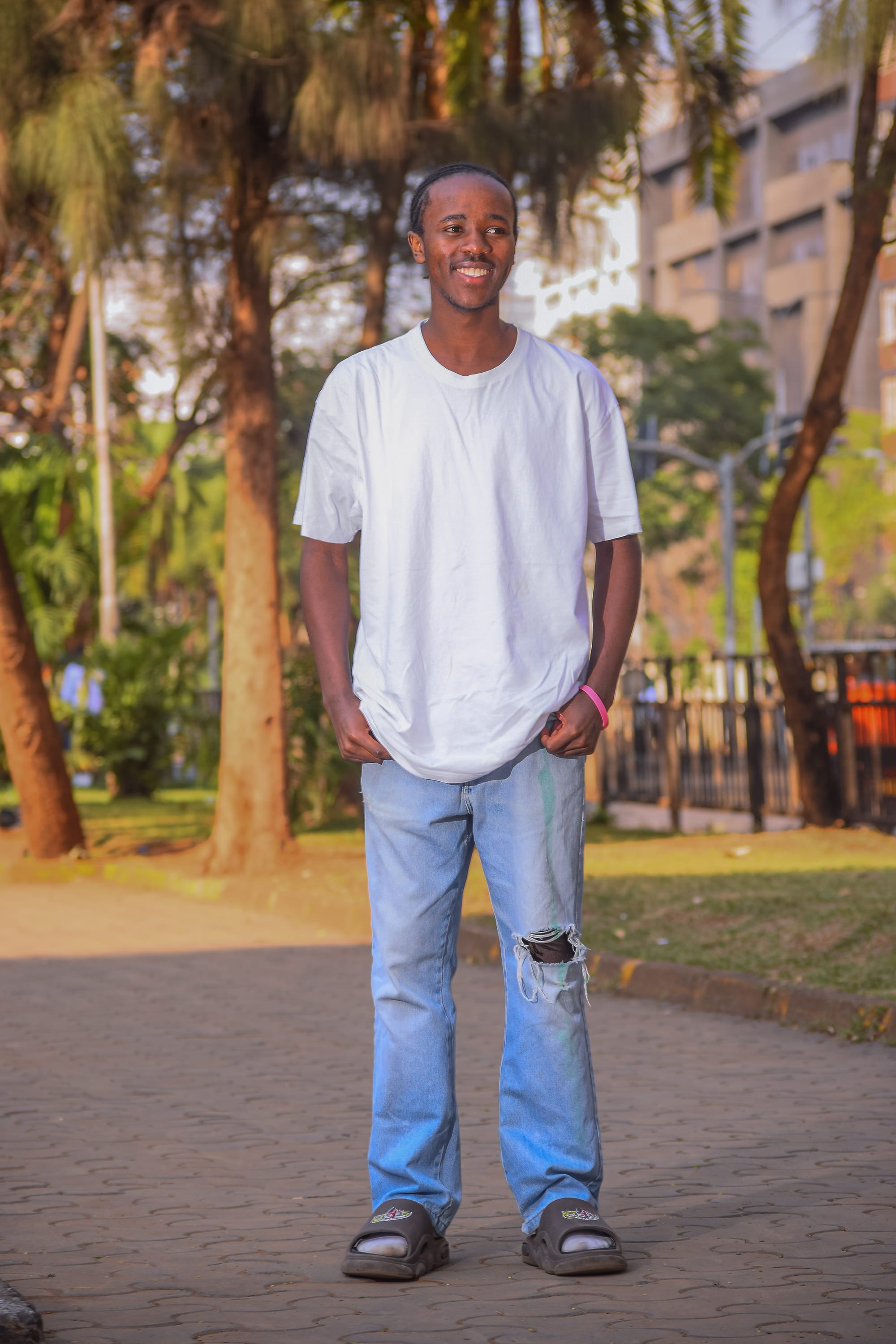
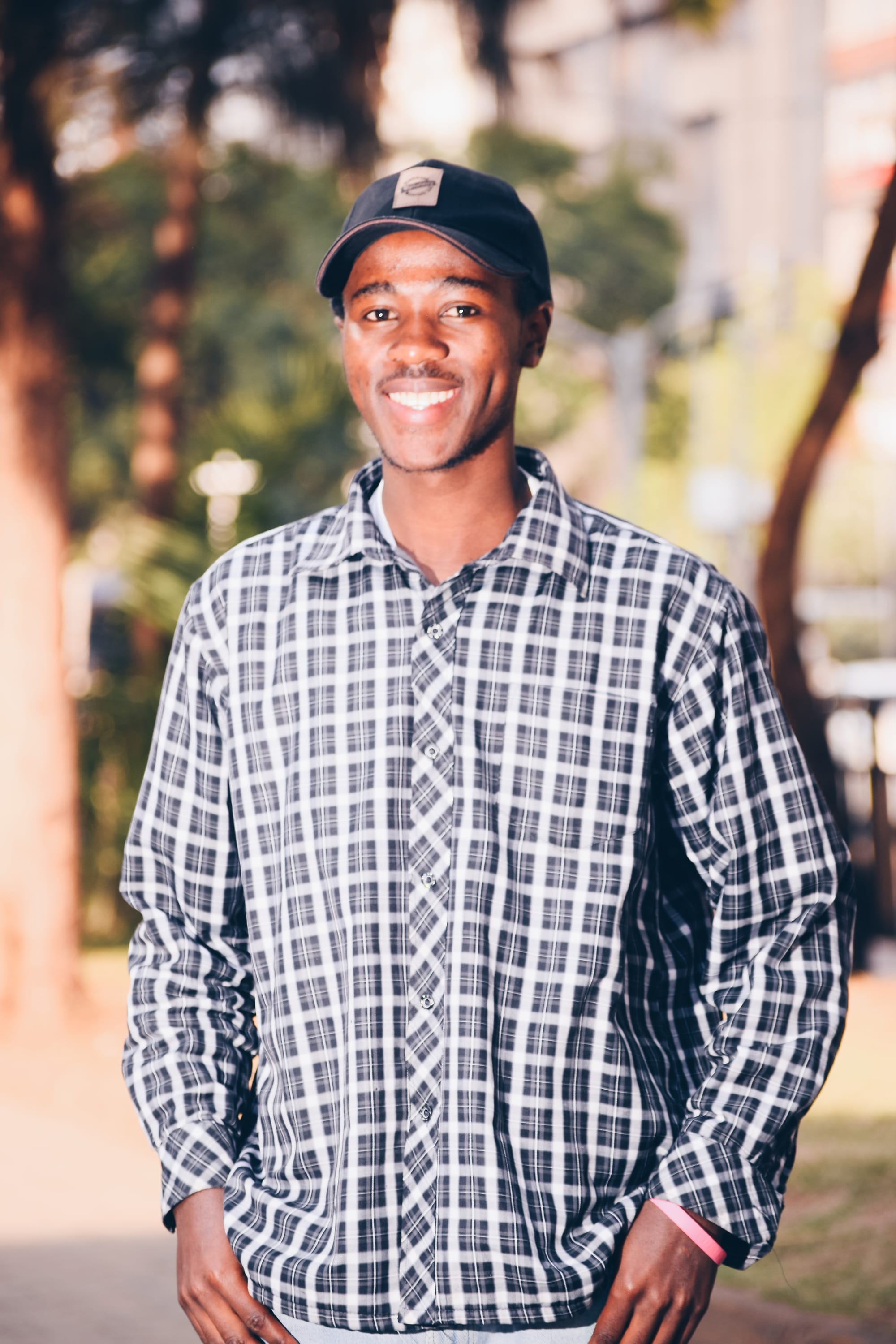
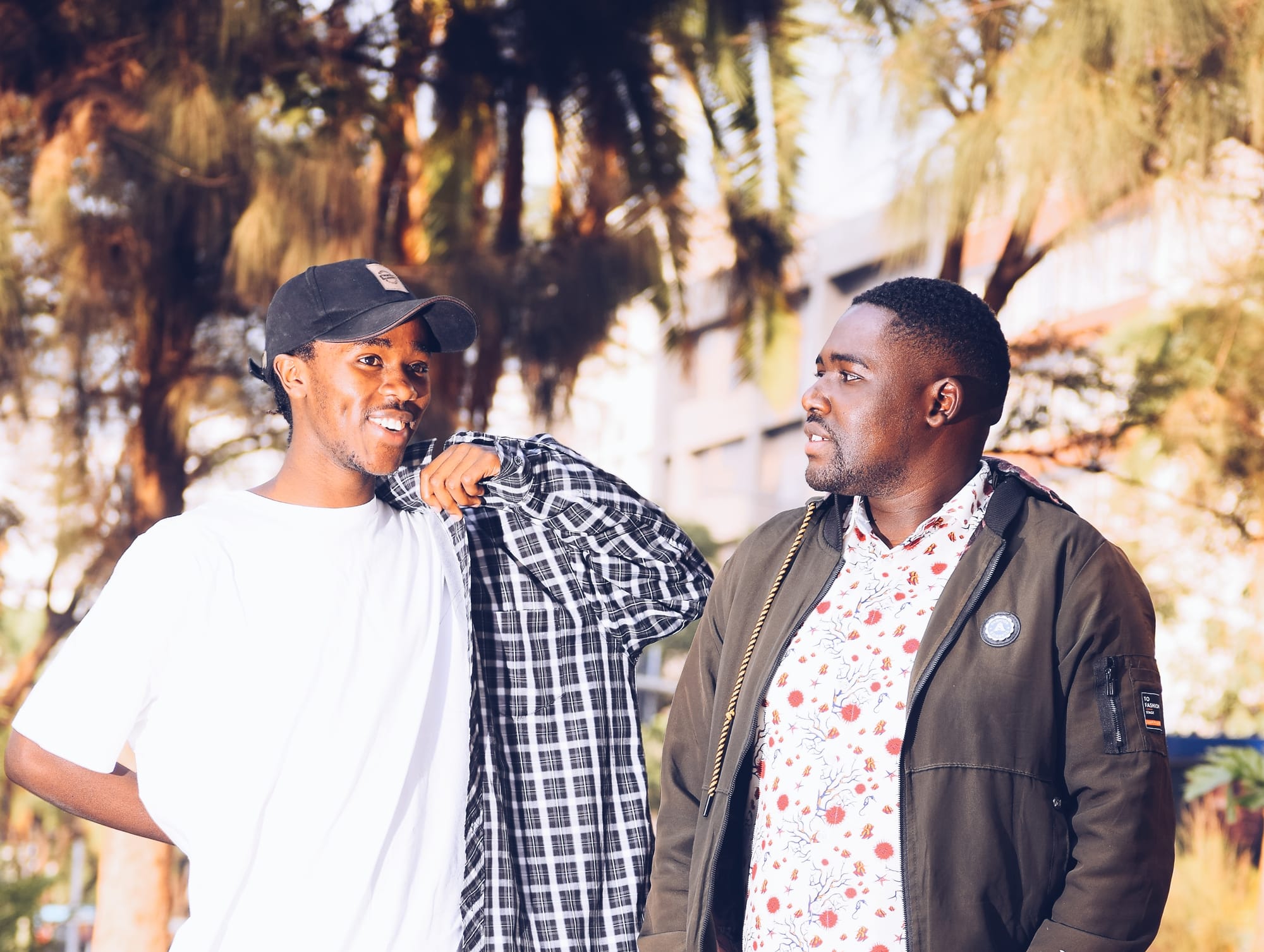
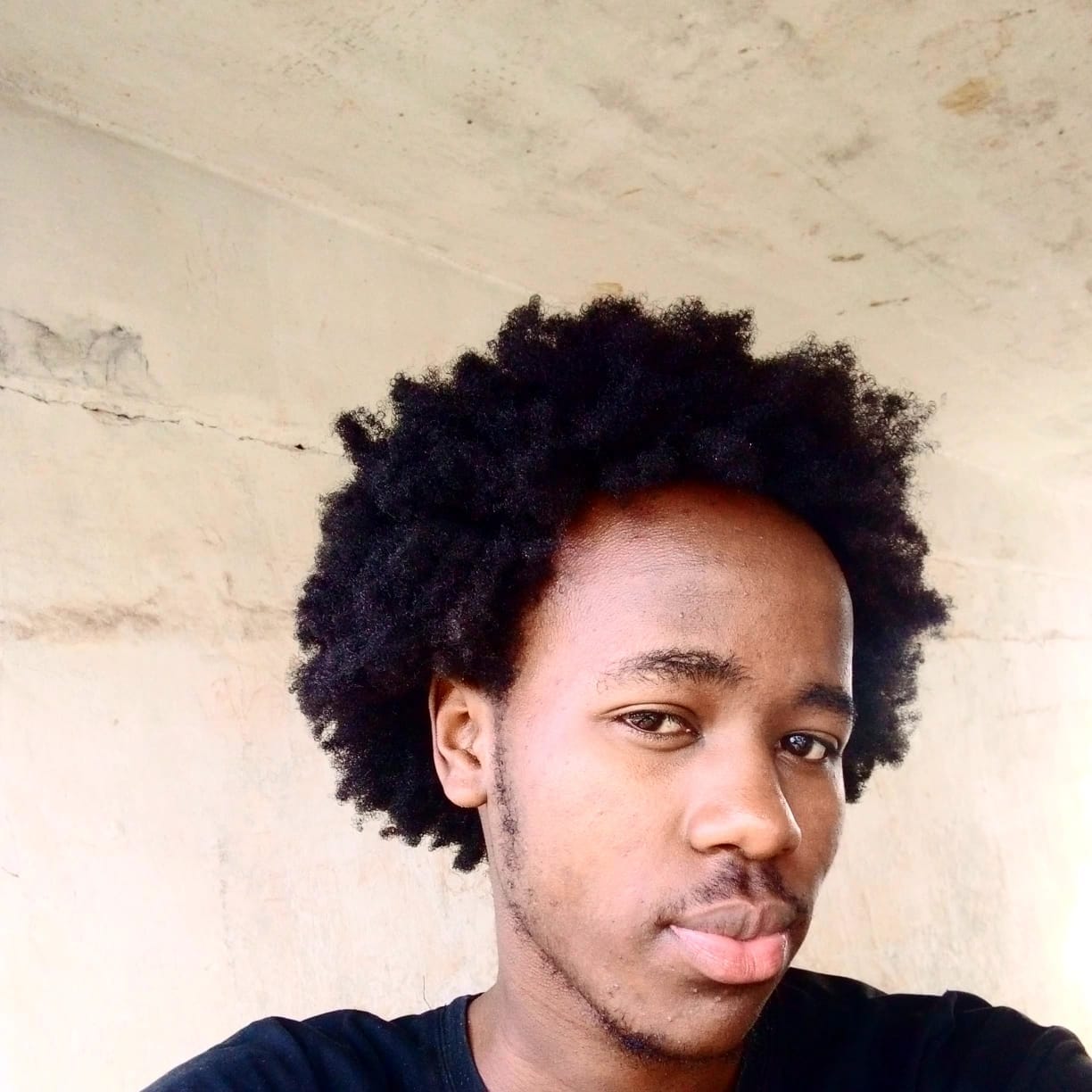
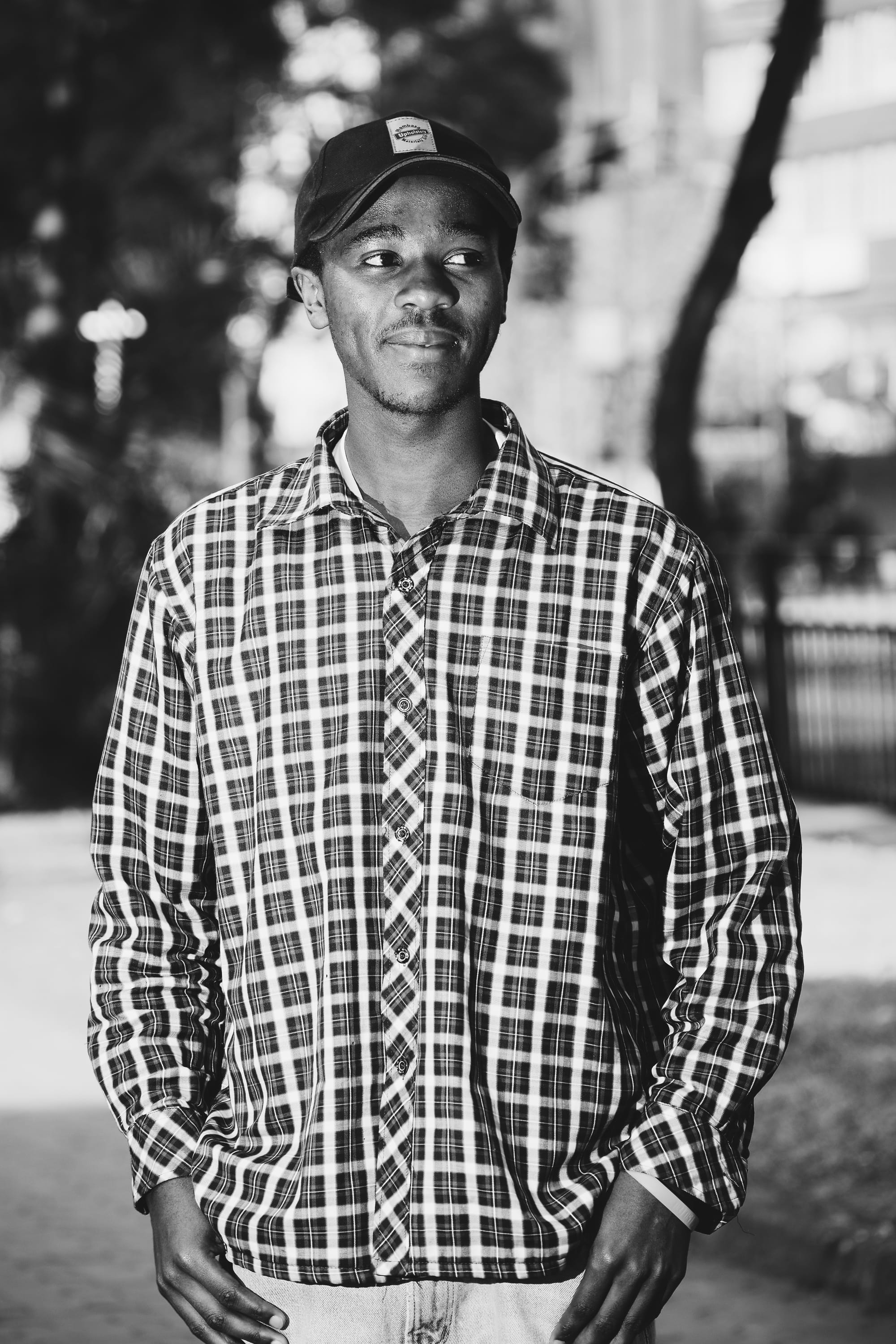
A Spark of Hope in Football
Football became Morgan’s lifeline. His talent opened a small but important door when he was invited to join a free weekend academy, an initiative by the International Youth Fellowship Kenya (IYF) in partnership with the Ministry of Youth Affairs and Sports. Through this program, Morgan also found a spark in something unexpected: hairdressing.
He had always admired the craft from afar but never imagined it could be for him. After finishing his training with IYF, he got a spot at a local beauty salon. It wasn’t a paid job he worked on commission, earning 40% of what each client paid. On good days, he made a bit of money. On slow days, he went home with nothing.
Clients often overlooked him in favor of more experienced stylists. Each rejection took away his confidence. He considered quitting. At the same time, pressure at the rescue center was mounting. Staff reminded him, sometimes gently, sometimes not that it was time for him to leave.
Msee Wakutegemea — (Someone to rely on)
“How were you planning to leave the center with so much still uncertain?” I asked him.
Morgan took a deep breath.
“While at the rescue center, you don’t really see how hard it is out here,” he said. “I used to tell myself, nikiwai jobo, ntasave doo fiti then niishie (once I get a job, I’ll save up some money and move out). But that was way harder than I thought.”
He paused, his eyes distant.
“I was also worried,” he admitted. “Sikua na msee wakutegemea, mambo ikichemka na sina doo ningenda wapi?”
“I had no one to rely on. If things went south and I ran out of money - where would I even go?”
His words echoed Sabrina’s almost perfectly. For many people, homelessness isn’t just about losing a place to stay — it’s about having no one to call. No one to say, "Don’t worry, I got you."
Bridging the Systemic Gap
A Simple Plan That Made a Big Difference
After talking with the rescue center manager, we began exploring how we could support Morgan’s move into independent living. Slowly, a plan started to take shape.
Through Team Tetea, we committed to covering three months’ rent for a modest one-roomed house, plus food for the first month, basic kitchen utensils, hygiene items, and washing supplies. The rescue center, in a beautiful show of support, offered to provide his bedding.
It wasn’t much! but it was enough to start over with dignity.
“What was it like for you the day you left the rescue center? How did you feel?” I asked.
Morgan lit up.
“Waah! I was super excited to leave,” he smiled. “The fear that used to hold me back disappeared. I felt assured that hatakwende aje sasa! uko hapo na mimi — you’d be there for me, no matter what.”
One Year Later: A New Chapter Begins
It’s now been a full year. A year of mentorship, check-ins, and simply showing up - reminding him that he’s not alone. And that made all the difference.
Morgan eventually moved to Nairobi. Today, he’s employed, earning a slightly better income, and able to meet his needs. The work is more stable, the future more hopeful. Watching his journey unfold has been deeply humbling - a reminder of how powerful support can be.
“What’s the biggest lesson you’ve learned from all this?” I asked.
The guy didn’t even blink.
“Ka kunakitu unafaa kuEX ni uwoga!”
“If there’s one thing you need to Ex - it’s fear!” he said with confidence. “Especially for those still in centers. You’ve got to dare. Dare to begin something new - a whole new chapter of your life.”
Back on the Slo Mo podcast, Mo asked a question that still lingers in my mind:
“What happens to the human spirit when we stop feeling empathy for people experiencing homelessness?”
Sabrina’s answer was raw and real:
“There’s a fear in us — that we can’t fix it. So instead of trying, we do nothing. We become protective, we look away, we tell ourselves we’re powerless. But actually, if each of us did just a little, together we could make a massive difference.”
And that, right there, is the heartbeat of our Repatriation Project — to do that little bit. To show up. To say, “I got you.”
Help us restore dignity and hope— support our Repatriation Project and be the bridge to a fresh start for vulnerable youth leaving children centers.


Member discussion